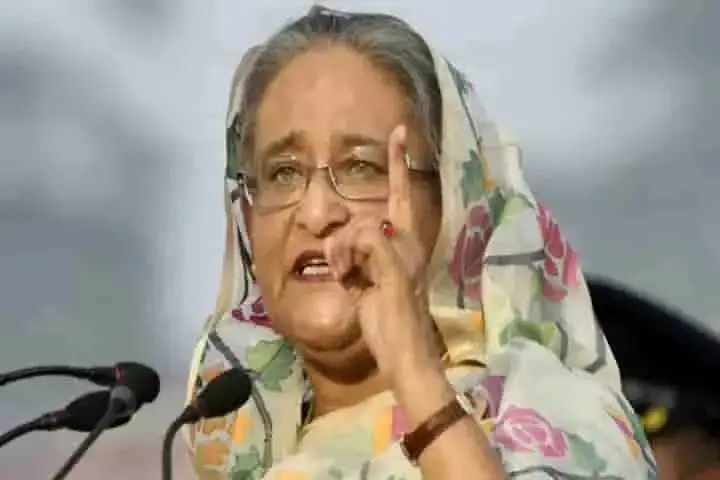As Bangladesh celebrates its 50th birthday on December 16, one of its biggest achievements has been the progress on social indicators, especially increased women’s participation in the workforce, driven by the readymade garment sector.
According to data website Trading Economics, in 2020, female workforce comprised 30.6 per cent of the total labour force in the country.
“Bangladesh's achievements in human development — especially in maternal and child mortality, immunization, school enrollment and other social indicators even at relatively lower levels of per capita income made the country an example for other countries to emulate,” a message from the UN Resident Coordinator’s office in Bangladesh said.
Also read: Bangladesh mission in Delhi celebrates Victory Day
The rate of female participation in the workforce refers to the percent of overall women population aged 15 and older and are economically active.
Analysts India Narrative spoke to said that the focus on the socio-economic development and a high participation of women in workforce and even school enrolment has contributed in keeping terrorist elements in check.
“Active participation of women in the labour market has led to keeping extremist elements in control. Economic activities have played a key role in empowering women of the country,” an analyst who has worked in Bangladesh told India Narrative.
Though a large number of women are engaged with the readymade garment sector which has significantly boosted exports, other sectors including agriculture too have female labour force.
In 2010, women comprised about 25 per cent of the total workforce.
In 2018, a report by the Daily Star noted that the garment industry has been one of the key reasons for the increased female participation.
In fact for the South Asian nation, the increase in female participation in the workforce has been a steady one for the last two decades.
Also read: India opens door for Bangladesh to join QUAD
Now, as the country gears up to graduate from the list of least developed countries (LDC) amid a Covid 19 hit economy, “it will be even more important for Bangladesh to ensure that women participation in the workforce remains intact or actually increases.”
The UN noted that when more women work, economies grow. “Women’s economic empowerment boosts productivity, increases economic diversification and income equality in addition to other positive development outcomes,” it said.




















